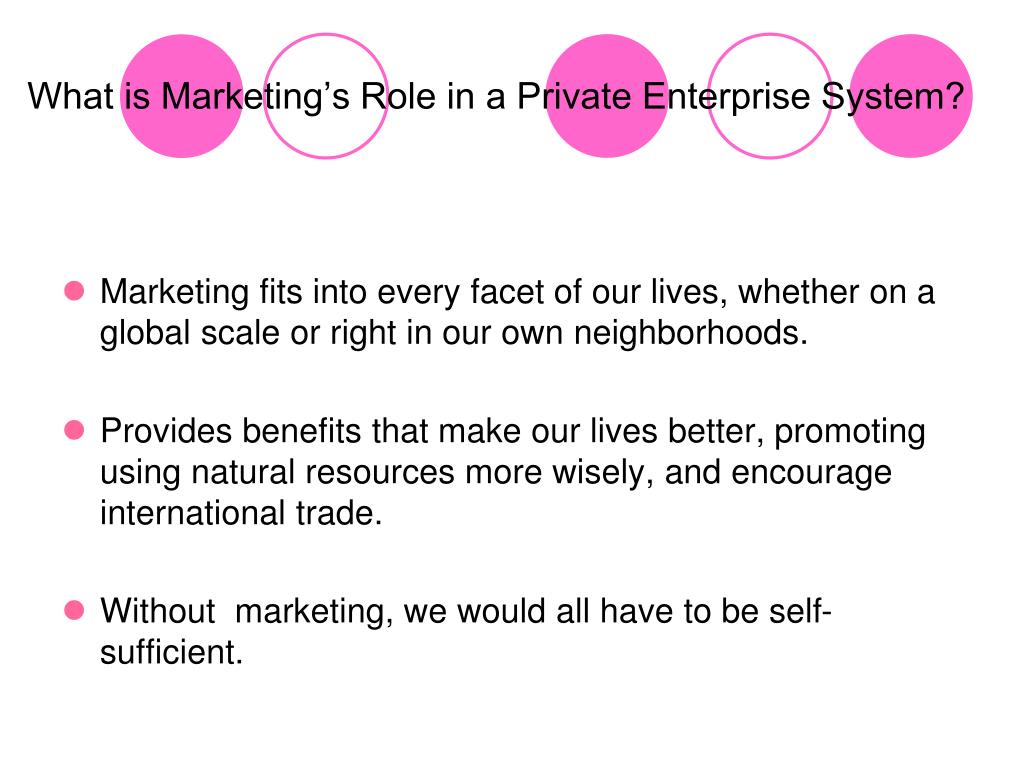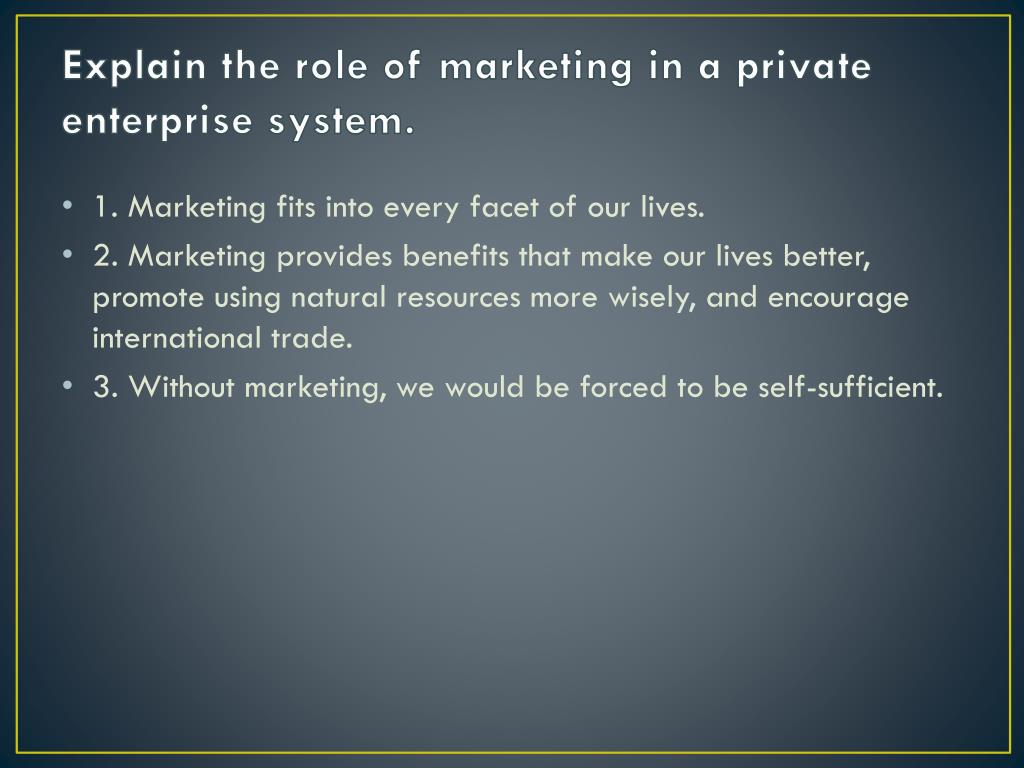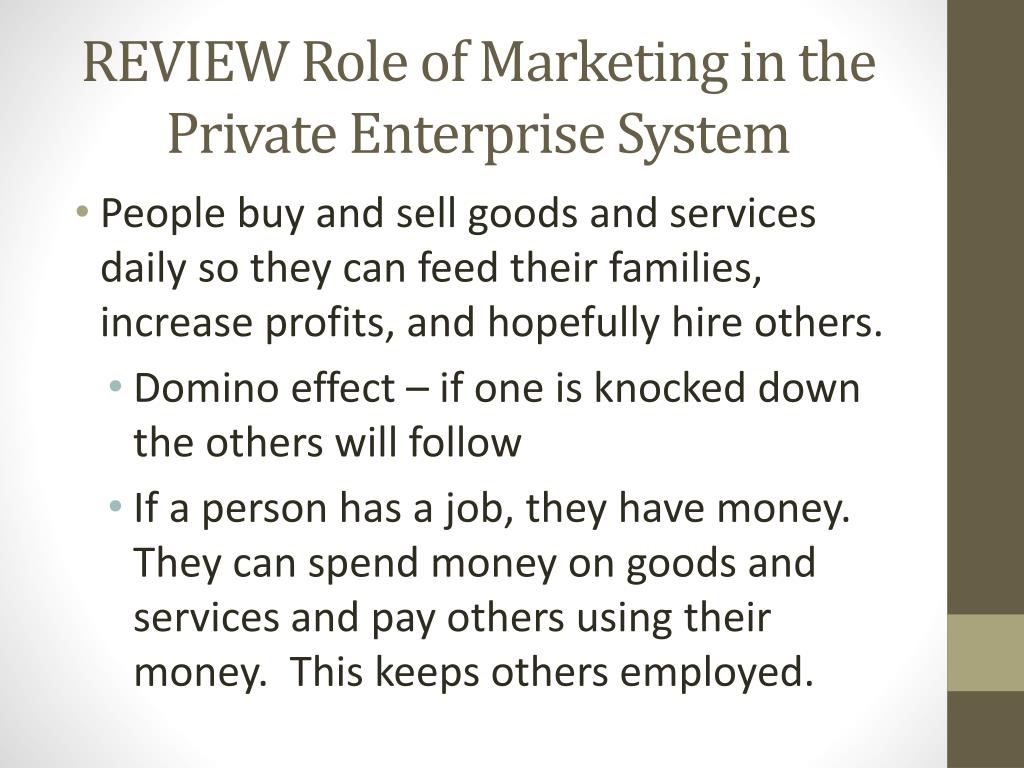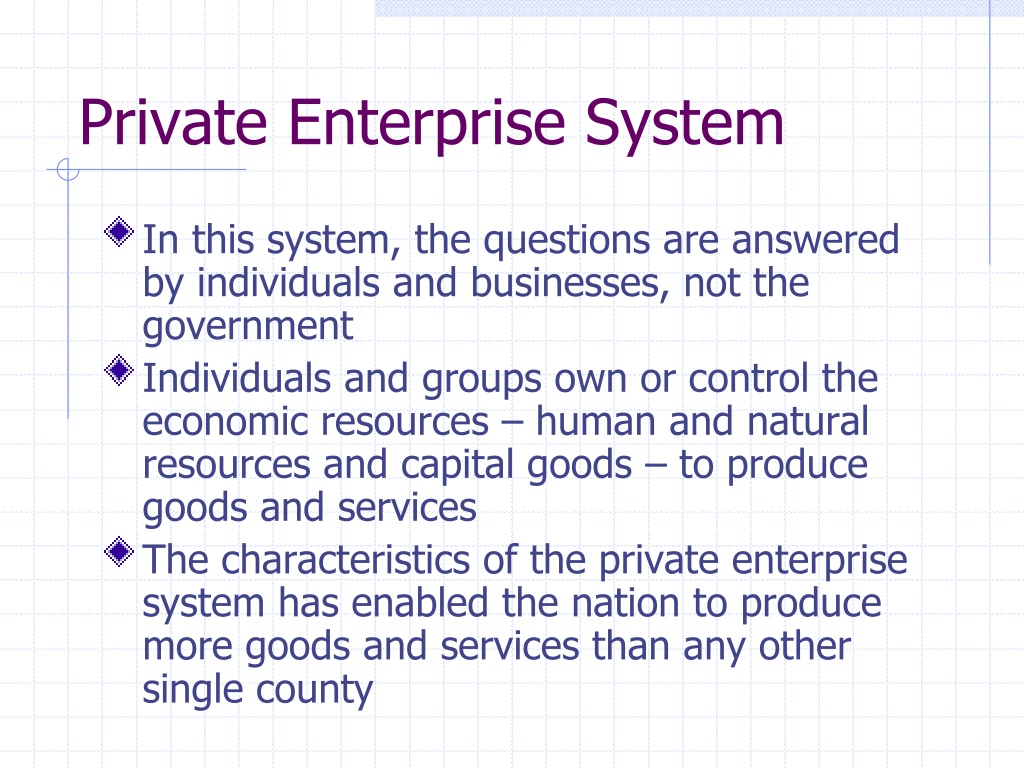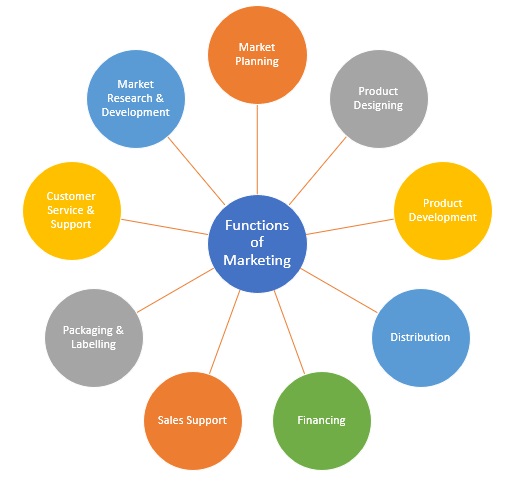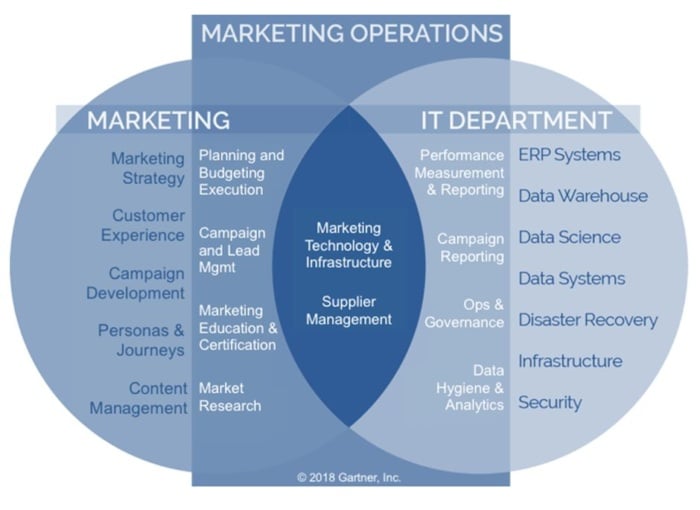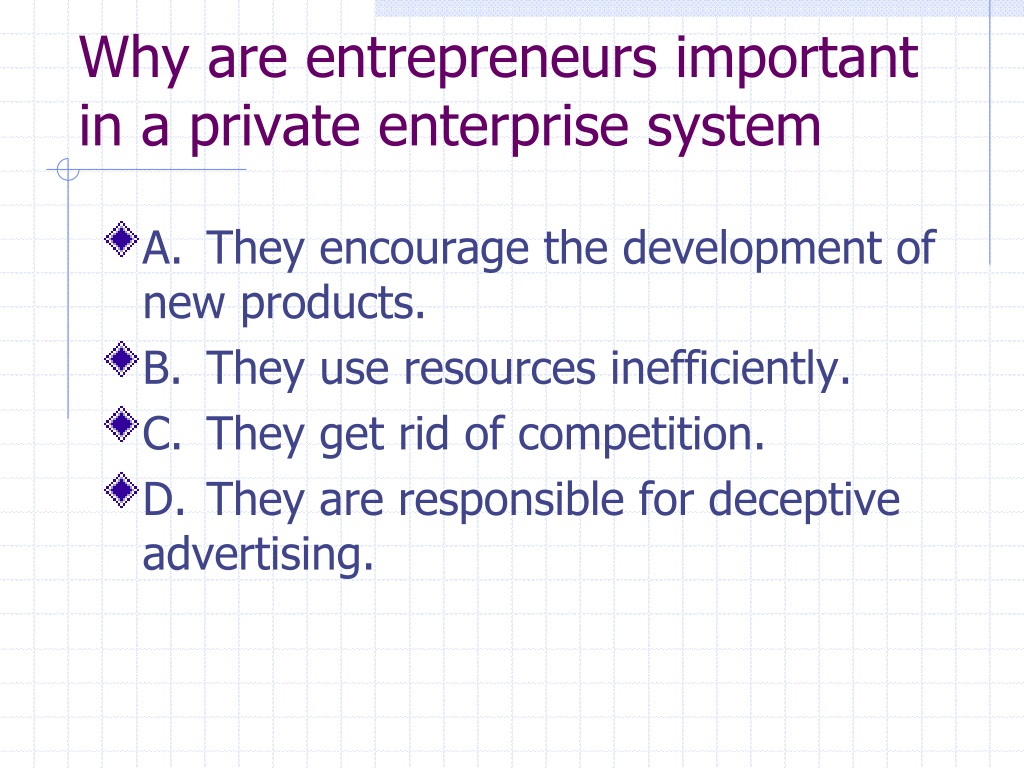What Role Does Marketing Play In A Private Enterprise System

Imagine walking down a bustling city street. The aroma of freshly baked bread wafts from a corner bakery, a vibrant billboard advertises the latest smartphone, and a street performer captivates a small crowd with a catchy jingle about a local coffee shop. These aren't random occurrences; they are carefully orchestrated pieces of a larger puzzle, the dynamic world of marketing in action, shaping our choices and fueling the engines of a private enterprise system.
At its core, marketing in a private enterprise system is the vital process of connecting businesses with their customers, communicating value, and ultimately, driving sales and growth. This connection is the lifeblood of any successful company and a thriving economy, fostering competition, innovation, and consumer satisfaction.
The Foundation: Understanding Marketing's Role
Marketing isn't just about flashy advertisements or persuasive salespeople; it's a holistic approach encompassing market research, product development, pricing strategies, distribution channels, and customer relationship management. In a private enterprise system, where businesses are free to compete and innovate, marketing serves as the crucial bridge between production and consumption.
The American Marketing Association (AMA) defines marketing as "the activity, set of institutions, and processes for creating, communicating, delivering, and exchanging offerings that have value for customers, clients, partners, and society at large." This definition underscores the breadth and depth of the field, extending beyond simple transactions to encompass long-term relationships and societal impact.
A Historical Perspective: From Production to Customer Focus
The role of marketing has evolved significantly over time. In the early days of industrialization, the focus was primarily on production. The prevailing attitude was, "If we build it, they will come." This production-oriented era gradually gave way to a sales-oriented approach, where the emphasis shifted to aggressively pushing products onto consumers.
However, the rise of consumerism and increased competition led to the development of the marketing concept, which prioritizes understanding and meeting customer needs and wants. This customer-centric approach revolutionized the way businesses operate, placing the customer at the heart of all decisions.
Today, we are witnessing the emergence of a relationship-oriented and socially responsible marketing paradigm. Companies are increasingly focused on building long-term relationships with customers, fostering brand loyalty, and addressing ethical and environmental concerns. Businesses realize that they can enhance profitability by creating a beneficial impact on society.
Marketing's Significance in a Private Enterprise System
In a private enterprise system, where businesses operate independently and compete for customers, marketing plays a critical role in driving economic growth and innovation. Here's how:
Firstly, marketing facilitates competition. By differentiating their products and services and communicating their unique value propositions, companies compete for market share. This competition ultimately benefits consumers by providing them with more choices, better quality, and lower prices.
Secondly, marketing drives innovation. Through market research and customer feedback, businesses identify unmet needs and opportunities for improvement. This knowledge fuels innovation, leading to the development of new and better products and services that enhance our lives.
Thirdly, marketing promotes economic efficiency. By connecting businesses with their target markets, marketing reduces waste and ensures that resources are allocated efficiently. This leads to increased productivity and economic growth.
The Tools of the Trade: A Marketing Arsenal
Modern marketing utilizes a wide range of tools and techniques, from traditional advertising and public relations to digital marketing, social media, and content marketing. The specific mix of tools will depend on the industry, target market, and overall marketing objectives.
Digital marketing has emerged as a dominant force in recent years, leveraging the power of the internet and mobile devices to reach and engage with customers. Search engine optimization (SEO), social media marketing, email marketing, and pay-per-click (PPC) advertising are just a few of the many digital marketing tactics employed by businesses today.
Content marketing focuses on creating and distributing valuable, relevant, and consistent content to attract and engage a specific target audience. This approach helps businesses build trust and credibility, establish thought leadership, and drive organic traffic to their websites.
"Marketing is no longer about the stuff that you make, but about the stories you tell." - Seth Godin, Author and Marketing Expert
Ethical Considerations and Social Responsibility
While marketing plays a vital role in a private enterprise system, it is essential to consider the ethical implications and social responsibility of marketing practices. Unethical marketing tactics, such as deceptive advertising or manipulative sales techniques, can damage consumer trust and erode the reputation of businesses.
Companies are increasingly recognizing the importance of sustainable marketing, which involves meeting the needs of present consumers without compromising the ability of future generations to meet their own needs. This includes considering the environmental and social impact of products and services, promoting responsible consumption, and supporting ethical business practices.
Many consumers now expect brands to align with their values and take a stand on social and environmental issues. Companies that demonstrate a genuine commitment to social responsibility are more likely to attract and retain customers.
The Future of Marketing: Adapting to a Changing World
The field of marketing is constantly evolving in response to technological advancements, changing consumer behaviors, and evolving social norms. In the future, we can expect to see an even greater emphasis on personalization, data-driven decision-making, and authentic storytelling.
Artificial intelligence (AI) is already transforming the marketing landscape, enabling businesses to automate tasks, personalize customer experiences, and gain deeper insights into consumer behavior. AI-powered chatbots, personalized recommendations, and predictive analytics are just a few examples of how AI is being used in marketing today.
As consumers become more sophisticated and discerning, authenticity will become even more important. Brands that can build genuine connections with their customers and demonstrate a clear purpose beyond profit are more likely to succeed in the long run.
In conclusion, marketing plays an indispensable role in a private enterprise system. It is the engine that drives competition, innovation, and economic growth, while also empowering consumers with choices and information. By embracing ethical practices, fostering innovation, and adapting to the changing needs of consumers, marketing can continue to play a vital role in shaping a thriving and sustainable economy for generations to come.
